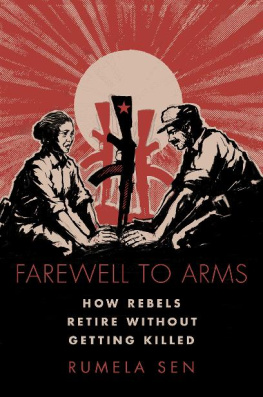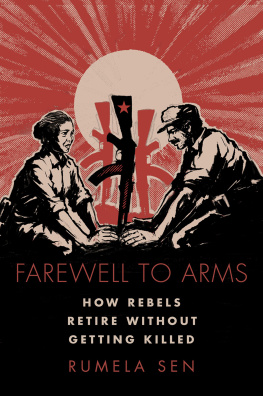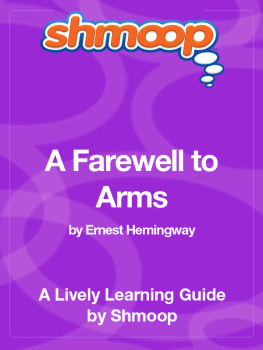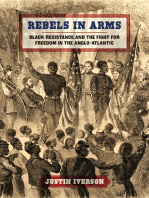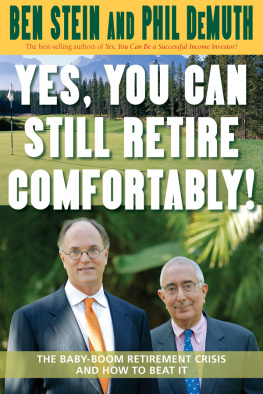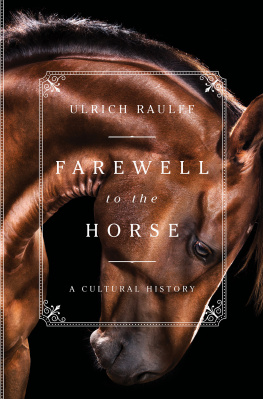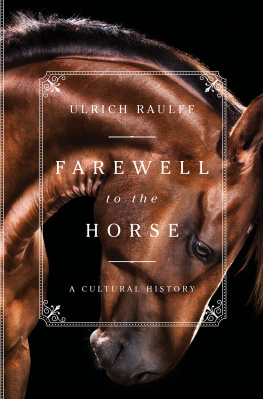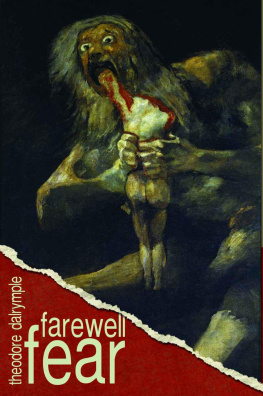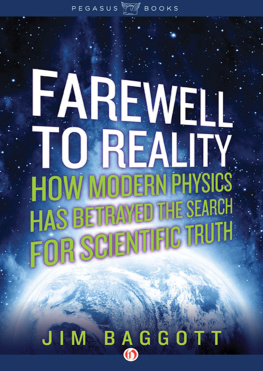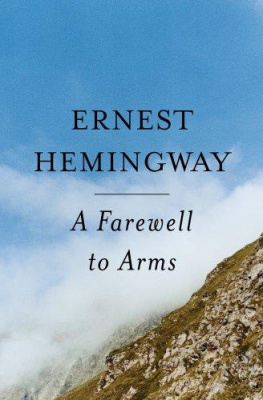Farewell to Arms
MODERN SOUTH ASIA
Ashutosh Varshney, Series Editor
Pradeep Chhibber, Associate Series Editor
Editorial Board
Kaushik Basu (Cornell University)
Sarah Besky (Cornell University)
Jennifer Bussell (Berkeley University)
Veena Das (Johns Hopkins University)
Patrick Heller (Brown University)
Niraja Gopal Jayal (Jawaharlal Nehru University)
Devesh Kapur (Johns Hopkins University)
Atul Kohli (Princeton University)
Pratap Bhanu Mehta (Ashoka University)
Shandana Khan Mohmand (University of Sussex)
Ashley Tellis (Carnegie Endowment for International Peace)
Steven Wilkinson (Yale University)
The Other One Percent
Sanjoy Chakravorty, Devesh Kapur, and Nirvikar Singh
Social Justice through Inclusion
Francesca R. Jensenius
Dispossession without Development
Michael Levien
The Man Who Remade India
Vinay Sitapati
Business and Politics in India
Edited by Christophe Jaffrelot, Atul Kohli, and Kanta Murali
Clients and Constituents
Jennifer Bussell
Gambling with Violence
Yelena Biberman
Mobilizing the Marginalized
Amit Ahuja
The Absent Dialogue
Anit Mukherjee
When Nehru Looked East
Francine Frankel
Capable Women, Incapable States
Poulami Roychowdhury
Farewell to Arms
How Rebels Retire without Getting Killed
RUMELA SEN
Oxford University Press is a department of the University of Oxford. It furthers the Universitys objective of excellence in research, scholarship, and education by publishing worldwide. Oxford is a registered trade mark of Oxford University Press in the UK and certain other countries.
Published in the United States of America by Oxford University Press
198 Madison Avenue, New York, NY 10016, United States of America.
Oxford University Press 2021
All rights reserved. No part of this publication may be reproduced, stored in a retrieval system, or transmitted, in any form or by any means, without the prior permission in writing of Oxford University Press, or as expressly permitted by law, by license, or under terms agreed with the appropriate reproduction rights organization. Inquiries concerning reproduction outside the scope of the above should be sent to the Rights Department, Oxford University Press, at the address above.
You must not circulate this work in any other form and you must impose this same condition on any acquirer.
Library of Congress Cataloging-in-Publication Data
Names: Sen, Rumela, author.
Title: Farewell to arms : how rebels retire without getting killed /
Rumela Sen.
Description: New York, NY : Oxford University Press, 2021. |
Series: Modern South Asia series | Includes bibliographical references and index.
Identifiers: LCCN 2020032559 (print) | LCCN 2020032560 (ebook) |
ISBN 9780197529867 (hardback) | ISBN 9780197529874 (paperback) |
ISBN 9780197529898 (epub)
Subjects: LCSH: Peace-buildingIndia. | InsurgencyIndia. | Naxalite
movementIndia. | Communist Party of India-Maoist.
Classification: LCC JZ5584.I4 S36 2021 (print) | LCC JZ5584.I4 (ebook) |
DDC 303.6/40954dc23
LC record available at https://lccn.loc.gov/2020032559
LC ebook record available at https://lccn.loc.gov/2020032560
DOI: 10.1093/oso/9780197529867.001.0001
To my family
Contents
This book began as a PhD dissertation that I defended at Cornell University in 2017. The project benefited enormously from the advice I received from members of my PhD committee: Ron Herring, Andy Mertha, and Tom Pepinsky. My first debt of gratitude is to them. Ron has been unfailingly supportive in this scholarly journey, offering his good-natured encouragement without ever compromising on scholarly rigor. I fondly remember our meetings in Ithaca, sprinkled with the most interesting discussions about leftist politics and Kerala-style fish curry. Andy has been a wonderful mentor to me. A supportive committee member, he intuitively knows the perfect combination of carrot and stick to motivate students. Im grateful to him for taking interest in my work and for offering a mix of mentorship, support, and friendship that is rare to come by. Tom is a valued committee member for anyone because he brings an inspiring combination of academic acumen, work ethic, and commitment to students that I can only aspire to. He made time to read my drafts and offer detailed criticisms. Every conversation with him has been immensely productive. Im also deeply indebted to Emmanuel Teitelbaum for reading my work. I met Manny at conference in Chicago during my first year of graduate school. With him, I co-authored my first paper on the Maoist insurgency in India. In many ways, this book began with that paper, and for that I am forever grateful to Manny.
This research would not have been possible without the financial support provided by American Institute of India Studies, John D. Montgomery fellowship at Pacific Basic Research Center, and my postdoctoral fellowship in the department of political science at Columbia University. At various stages of converting the dissertation into book manuscript, I received valuable feedback from Bill Ascher, Bilal Baloch, Richard Bownas, Kaustav Chakrabarti, Kanchan Chandra, Shibashis Chatterjee, Nandini Dhar, Mark Frazier, Tim Frye, Ajay Gudavarthy, John Harriss, Macartan Humphreys, Devesh Kapur, David Ludden, Rahul Mukherji, Shivaji Mukherjee, Phil Oldenburg, David Patel, Alpa Shah, Jake Shapiro, Jack Snyder, Tariq Thachil, and Ashutosh Varshney. I am especially thankful to Ashu for including this book in the Modern South Asia series.
My great appreciation goes to the three anonymous reviewers of this manuscript for providing incredibly useful, detailed feedback and critical guidance that turned my manuscript into a published book. There were times when I spurned their wisdom. But as I made painful cuts, dropped arguments, added material, I realized how much they helped strengthen my arguments. The shortcomings that still remain are all mine. I share my appreciation for the production team at Oxford University Press, David McBride, Holly Mitchell, and Suganya Elango. Special thanks to the very talented Prasun Basu (Offish Studio) who took time out of his busy schedule to design the cover of my book.
This book would not have been possible without the generosity of many former rebels and ordinary people I met in the conflict zones in India. Over the course of several months of fieldwork in India, they opened their homes to me, shared painful memories, and took interest in my work. They go unnamed in this book, but not unacknowledged. I also wish to thank several individuals who proved critical to my experience in the field in India. My fieldwork in Telangana would not have been possible without the generous assistance and friendship of N. Chandrasekhar Rao, who is currently a professor at the Institute of Economic Growth. For sharing their perspectives and rich experience, Im deeply grateful to Amit Bhattacharya, late Purusottam Bhattacharya, G. Haragopal, Vasantha Lakshmi, Dappu Ramesh, Jairam Ramesh, late Santosh Rana, Varavara Rao, G.N. Saibaba, Stan Swamy, late Bojja Tharakam, some of whom are now unfortunately in jail in India. I must acknowledge the institutional affiliation and research assistance I received at the Center for Economic and Social Studies, Hyderabad, and Jadavpur University, Kolkata. Im also grateful to many friends, acquaintances, and their families who provided me with contacts for potential interviews, as well as logistical support during my fieldwork in India and Nepal: special thanks to Amitava Bhattacharya, Arpita Sutradhar, Anand Swaroop Verma, and Naresh Gyawali.



